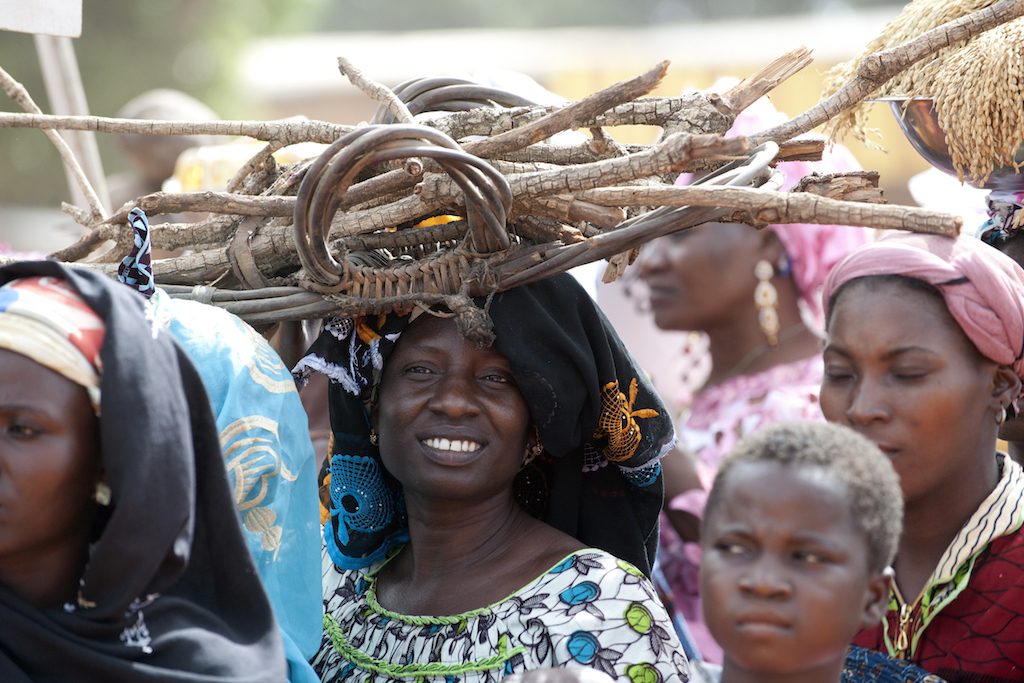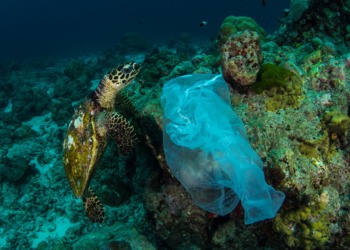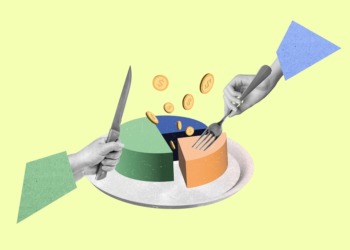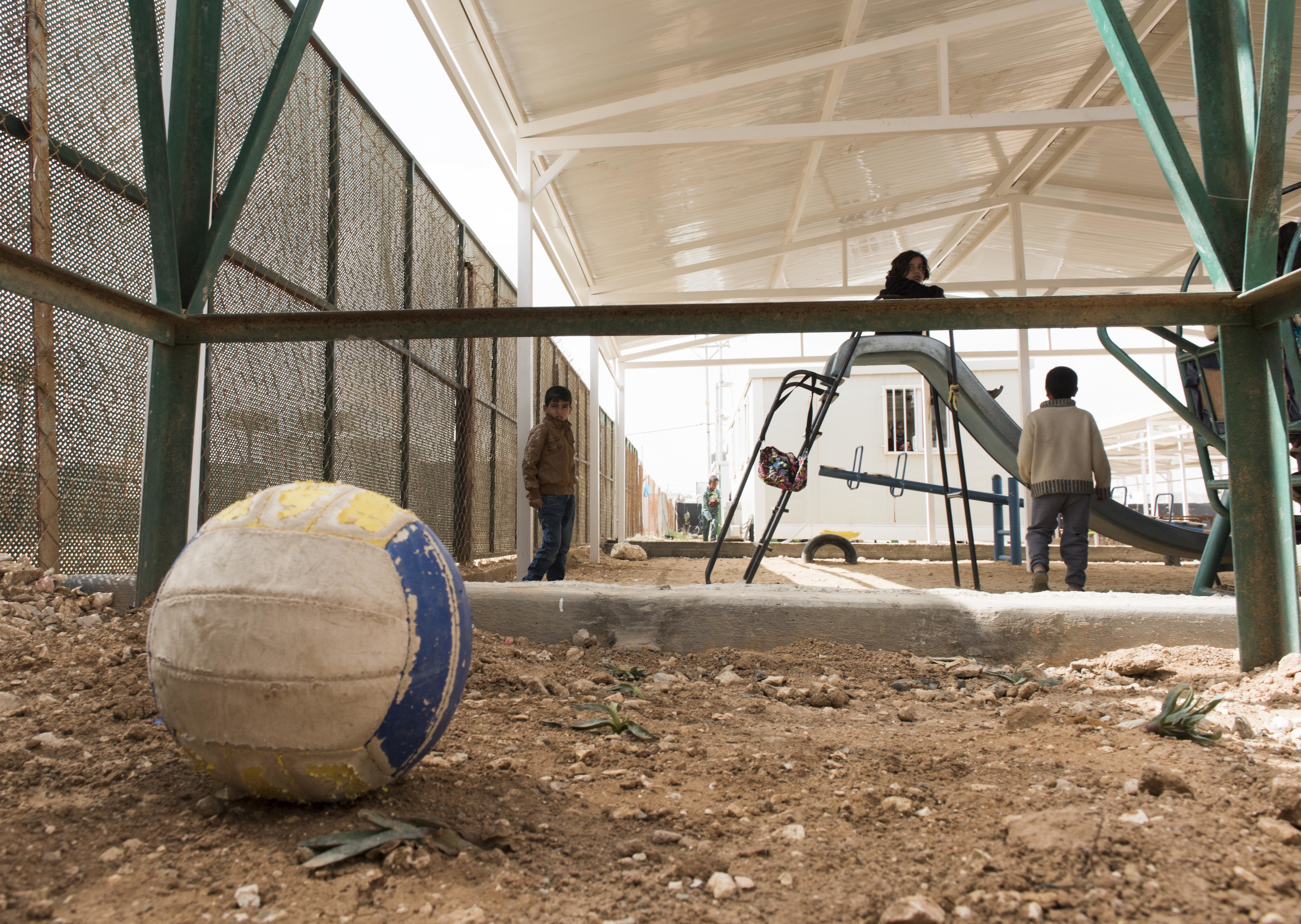To tackle the root causes of poverty and hunger we must address the inadequacy of employment conditions and generate opportunities for young people, in particular, for young women in rural areas.
Women make up, on average, over 40 percent of the agricultural labour force in the developing world and yet typically they do not have sufficient access to critical resources and services to become as productive as their male counterparts. In fact, across all regions, rural women and girls continue to face significant discrimination compared with men and boys, with women being more likely than men to hold poor quality jobs and benefit less from agricultural value chains.
Young people today constitute a staggering 1.8 billion of the world’s population and the vast majority of them live in rural areas of less developed countries. They also face enormous challenges in accessing knowledge and skills; technology and land; market and business services.
What we have learned and is now well documented is that when women and youth are empowered to earn more and have equal access to resources and opportunities, they can invest more in the health and nutrition of their families, which in turn makes for healthier rural communities, and a virtuous cycle of economic growth and development in rural areas.
Climate change, environmental threats, population growth and migration are putting additional pressures on livelihoods in rural areas where poverty is already widespread and resilience stretched to its limits. Creating more and better employment opportunities for women and youth is therefore crucial for achieving food security and driving forward economic and social progress for all, leaving no one behind.
When women and youth are empowered to earn more and have equal access to resources and opportunities, they can invest more in the health and nutrition of their families.

That is why delegates from the African Caribbean and Pacific Group of States (ACP), together with experts from the Food and Agriculture Organization of the United Nations (FAO), the Organisation internationale de la Francophonie (OIF) and the European Union (E.U.) as well as a wide range of development partners gathered this week in Brussels to discuss Integrated Rural Development solutions to Empower Women and Youth through Jobs and Entrepreneurship. South-South Cooperation, as a cost effective means to accelerate progress through the replication of good practices is at the centre of the debates.
South-South Cooperation as a complement to the much needed official development assistance (ODA) provided by more wealthy countries, is a cost effective instrument for delivering on the 2030 Agenda and its ambitious sustainable development goals. In a growing number of countries, South-South Cooperation is already demonstrating its efficiency in improving food and nutrition security, and bringing concrete and effective solutions to the challenges of youth unemployment and economic empowerment of women in rural areas.
Recent developments in South-South Cooperation indicate that countries such as Brazil, China, Mexico, Indonesia, or Morocco – among the most outstanding southern providers of expertise in food and agriculture, are already widely sharing their experience, knowledge and capacities with other developing countries. Developed countries such as Japan, Korea, the United Kingdom or Spain have also provided support, complementary resources and expertise to South-South Cooperation programs, in what is now commonly defined as “Triangular Cooperation”.
In Uganda, Nigeria, Sierra Leone and many other developing countries, the South-South Cooperation programme supported by China and facilitated by FAO, is driving change. The presence of experts and the introduction of new, low cost but very appropriate technologies in areas such as aquaculture, irrigation, crop production, livestock, aquaculture or agribusiness resulted in a large number of poor rural women and young people equipped with the skills and technologies they needed to increase their income and make a decent living from agriculture.
Over the past decade, Brazil has lifted millions of its citizens out of extreme poverty and hunger through a judicious mix of legislation, policies, social protection programmmes, the promotion of school feeding, as well as the targeted support to family farmers including through institutional procurement. The programme named “Fome Zero” (“Zero Hunger”) received widespread national acclaim. It remains an international model of achievement in the fight against hunger. Today Brazil, in partnership with FAO, is sharing its experience with many countries of Latin America, Carribean, Asia and Africa to help governments meet their commitment for a world free of hunger and malnutrition by 2030.
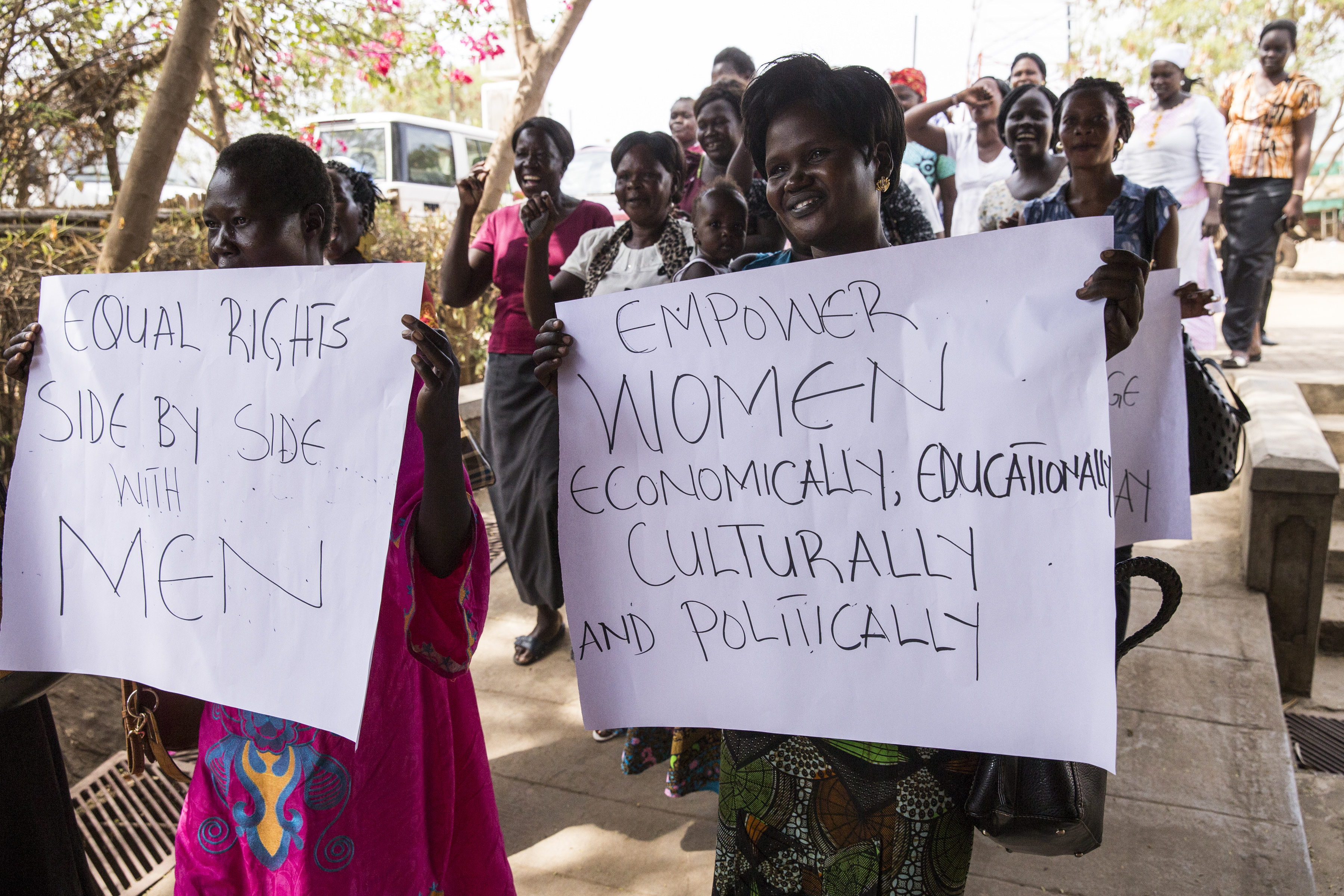
Another ongoing example of successful South-South Cooperation facilitated by the United Nations through a joint program aims to accelerate progress towards the economic empowerment of rural women with knowledge and good practices being shared between Ethiopia, Guatemala, Kyrgyzstan, Liberia, Nepal, the Niger and Rwanda. The programme’s top targets are to improve food and nutrition security, increase incomes to sustain livelihoods and create wealth, in addition to generating gender-responsive policy environments, through catalysing policy and legislative reforms.
The African Caribbean and Pacific Group of States (ACP) represent a unique community with a huge potential for sharing development solutions amongst its members, with the potential to leverage European Development Funds (EDF) for this purpose in what could become one of the most innovative triangular partnerships for implementation of the 2030 Agenda in the spirit of the Addis Ababa Action Agenda for development financing.
All countries and organizations gathered at the symposium are committed to developing an expanded South-South Cooperation vision for the ACP, to explore how it can mobilize its constituency and partners and to harness the potential of tried and tested solutions for women and youth available amongst its membership. FAO is a longstanding facilitator of South-South and Triangular Cooperation and stands ready to help to turn this vision into concrete actions and results to serve the ACP community and the European Union’s development objectives.


